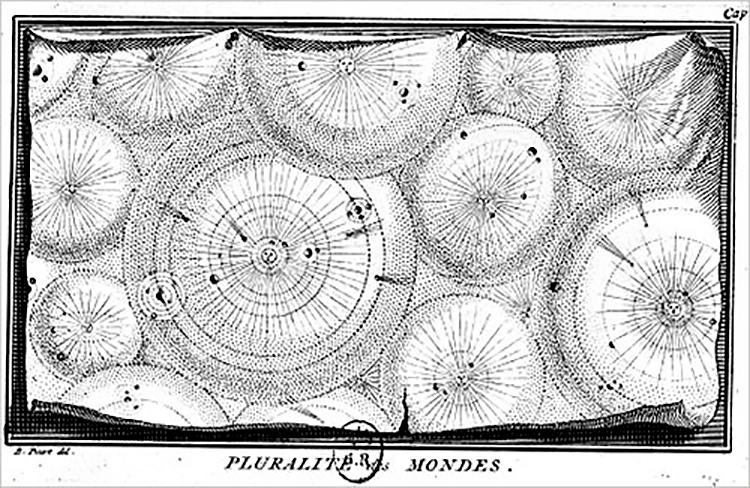2.1 The Reformation and its impact
As a consequence of the Reformation, the Church’s equitable influence on legal reasoning was greatly diminished, and in its place more secular, and increasingly scientific and rational methods took root. These methods signalled a greater demand for certainty in the law, and were based on testing and proof rather than the whims of individual Chancellors, judges and lawmakers, many of whom had previously been men of the Church. The new methods, moreover, defined rules incrementally and with seemingly greater transparency. Like cases were treated alike, for example, using the doctrine of precedent, and the recording and reporting of cases was significantly improved.
In sum this drive for greater certainty meant a corresponding reduction in the influence of wisdom as a form of discretionary judgement based largely on individual or subjective experience, as well as other modes of interacting with the world that did not comfortably fit the new objective, scientific methods which relied and insisted on certainty.
Two key figures who helped redefine legal reasoning in general during the period characterised by the turbulence of both the Reformation and Counter-Reformation, and in light of socio-political concerns in particular, were Thomas Hobbes and Matthew Hale. ‘Hale, like Hobbes,’ claims Stephen A. Siegel, ‘gives certainty a more prominent position in his conception of law. In the jurisprudence of [Sir John] Fortescue, [Christopher] St. German, and [Sir Edward] Coke, wisdom is the chief merit and value of the common law; they mention certainty, if at all, only in passing’ (1981, p. 52). What this reveals is a definitive shift in legal reasoning, especially during the seventeenth century, influenced by an emerging scientific rationality that was sweeping across Europe and which contrasted and often contradicted the superstitious and relative uncertainty, or rather unknowability, attributable to religious ideals. Between the time of Coke and Hale in particular this shift in thought also captured political ideals, and eventually economic ones as well. Christopher St. German, who had endured many long debates over the nature of equity and conscience with Thomas More during and after his time as Lord Chancellor under Henry VIII, is of particular interest because of his hand in the relative secularisation of equity during this period. St. German was a lawyer rather than a scientist, but he has been credited by many with redefining equity and conscience for the modern age, most notably in his landmark text Doctor and Student published during the first quarter of the sixteenth century.
Contingent upon this drive in the early modern period for a new rationality and certainty more wedded to secular rather than religious aims, was that justice would be forged, for better or worse, on a basis of existing and definable rules and doctrines. As a consequence this meant justice was just as likely to derive from poorly decided cases as from seemingly good decisions. And while this concerned common law, which had relied upon precedent long before the law of equity, notably in the Court of King’s Bench, from the late sixteenth century onwards it increasingly also applied to equity administered in the Court of Chancery. As such the drive for certainty that applied to the common law became a concern for equity as well, and with it all the positive and negative aspects relating to justice as it was found by judges with certainty forefront in their minds.
From the seventeenth century onwards, therefore, equity became an increasingly settled body of law. And while discussions of equity still contained a kernel of its ancient philosophical basis, with lip-service paid to Aristotle in considerations of justice, the overriding concern of lawmakers, Chancellors and members of the Chancery Bar was no longer with equity’s inherent role being to forge a better form of justice than the common law alone. Instead the Court of Chancery became a popular alternative – perhaps even a competitor – to the common law courts for litigants, with the consequence that right up until Judicature in the latter half of the nineteenth century, equity, by virtue of its necessary association with Chancery, became a byword for injustice, delay and high costs – essentially the exact reverse of its basis in the ancient philosophical tradition.
So, what remained of equity in terms of philosophy as the mores of modernity tightened their grip from the seventeenth century onwards? Even though Aristotle represented ancient, pre-Enlightenment forms of legal reasoning, his thought was not systematically ousted from the new secular regime. In all likelihood this was because the teleological (purpose-based) deductive reasoning that was a central feature of Aristotle’s metaphysics fitted to a large extent with the new scientific era. This was an era underpinned, in the main, by a strong belief in rationalism, and in particular the ideas and methods pioneered by René Descartes, which would lead some jurists and judges, as Friedrich Hayek maintained, towards a belief in ‘constructivist rationalism which regards all rules as deliberately made and therefore capable of exhaustive statement’ (2013, p. 111).
Yet Aristotle has managed to remain a constant across the different domains of social consciousness and in the corresponding institutions, including equity. It must be noted, however, that even Aristotle’s ideas did not generally fare well during the turbulent period of the Enlightenment, especially in light of the increasing influence that a truculent and newly independent America brought to bear on common law reasoning. As you shall shortly see, it was America’s influence on the development of capitalism that would have an equally profound effect on the nature and function of law and equity.
